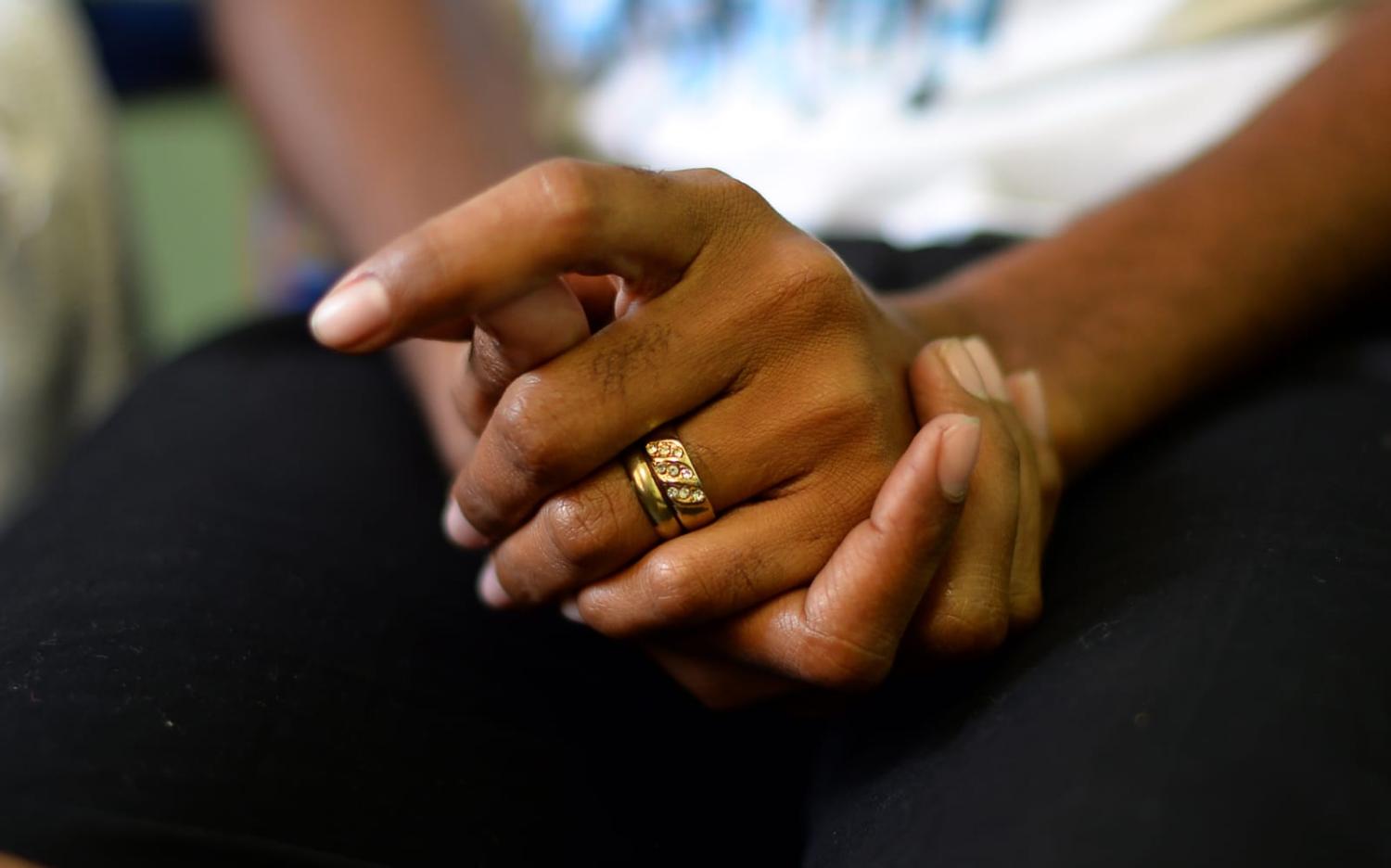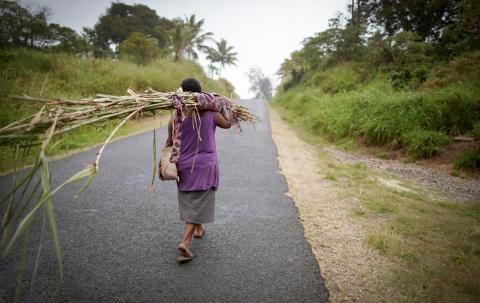Papua New Guinea’s Prime Minister James Marape will address the Australian parliament this Thursday, just weeks after Australia and PNG signed a legally-binding Bilateral Security Agreement wherein the Australian government announced its commitment to spending $200 million in support of PNG’s internal security.
The 7 December 2023 agreement primarily seeks to strengthen the Royal Papua New Guinea Constabulary (RPNGC) - PNG’s national police force - which will receive training from Australian police. However, despite the guise of equalising relations between the two countries following a tumultuous colonial history, it is crucial to question whose security takes precedence in this deal.
The capital Port Moresby was beset by riots in the wake of police strikes last month. Yet this high-profile event has diverted attention from the severity of PNG’s tribal violence, which has escalated at an alarming rate, with harrowing consequences for wantoks, the Tok Pisin term describing PNG’s diverse community systems. In Enga Province last year, for example, 150 people lost their lives to tribal violence in August alone and thousands were displaced.
Officials cite PNG’s lack of police personnel as a contributing factor to violence, resulting in a justification for increasing RPNGC capacity. However, PNG has an extensive history of police corruption and of officers acting violently with impunity. Investing in police therefore risks perverse consequences without careful consideration. This is especially relevant to the gendered impacts of violence and their complex outcomes when engaging the RPNGC and state defence personnel in tribal conflicts.
Despite being tasked with the duty to prevent gender-based violence, the RPNGC are frequent perpetrators. PNG girls, women, and LGBTQI+ peoples have reported high occurrences of rape and abuse by RPNGC officers - including gang rapes in police stations, vehicles and barracks, often in front of witnesses. In a 2021 National Inquiry, the Minister for Police and Police Commissioner publicly admitted that the RPNGC cannot keep PNG’s women and children safe.
To the credit of the Albanese and Marape governments, the recent security agreement contains a clear recognition of the need to conceptualise security differently. The agreement claims to deepen and expand bilateral cooperation across “traditional and non-traditional security priorities”, including addressing gender-based violence and climate insecurity.
However, to call these “priorities” is dubious. “Policing and domestic security are priorities for my friend, Prime Minister Marape,” Albanese said last year, indicating the major focus of this agreement.
Bolstering PNG’s police force risks a reactionary, rather than preventative and sustainable solution. A stronger strategy would incorporate meaningful engagement with local leaders and their respective wantoks, who possess nuanced and contextual understandings of tribal dynamics and are responsible for the most successful peacebuilding in PNG.
Gender-based violence, constituting an evil in and of itself, is rife throughout PNG. Yet the gendered impacts of violence trigger catastrophic outcomes for PNG society that expand beyond the immediate trauma experienced by survivors. Hence, the capacity for gender-based violence to threaten PNG’s internal peace and stability cannot be overstated.
While gender should be a focus of the agreement, the wording appears captured by outdated notions of security that narrowly cast the deal in terms of defence and border sovereignty. Framing security through this lens fails to keep pace with modern security complexities and underestimates the gravity of ”non-traditional” security threats. Alternatively, it would be beneficial for practitioners and local leaders to identify harmful masculinities and work with men and boys to address the initial triggers for violence, rather than simply elevating the RPNGC as a band-aid solution.
This is not to contend that defence strategies and internal policing should be discarded entirely. However, feminist-informed approaches to security have much to offer, conceptualising security as that of individuals as well as states. With the security sphere being largely dominated by men, it is important to recognise that such institutions are inevitably shaped by masculinities associated with militarism and governance, which fosters barriers to achieving sustainable peace and security.
The timing of this bilateral security agreement and Australian “commitment” to PNG’s internal security is also revealing. Australia’s recent agreement cannot be viewed in isolation from PNG signing a defence deal with the United States in May last year to upgrade its military bases. While one agreement addresses international security and the other internal, both concurrently push for the acquisition of Western monopoly amid a regional power struggle with China.
If Australia is to truly invest in the “internal” security of PNG, as this agreement claims to do, urgent policies and mechanisms are required to counter gender-based violence. Strengthening PNG’s police force alone risks working against the security of women, girls and gender minorities in a country frequently regarded as one of the most dangerous places to be a woman in the world. This will not only generate negative outcomes for women, but PNG society more broadly, which has long endured the RPNGC’s violence with impunity and its manifold ripple effects.


